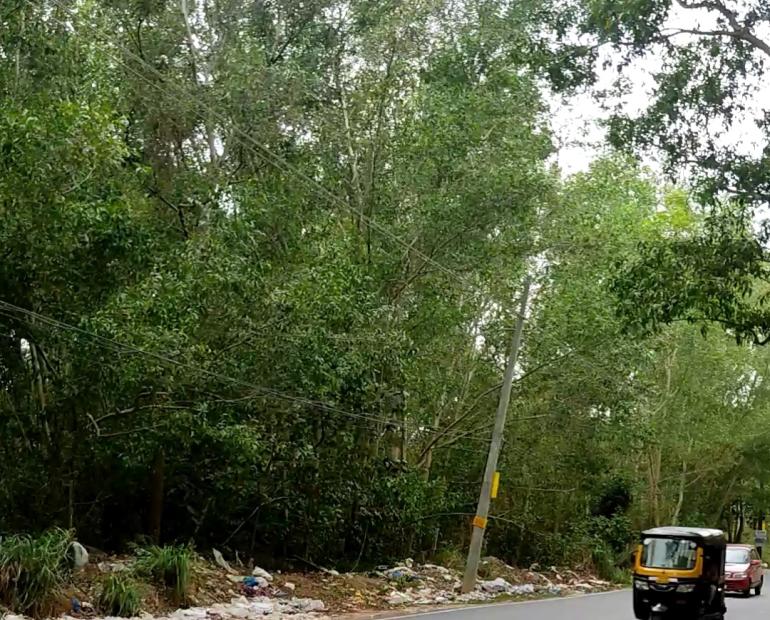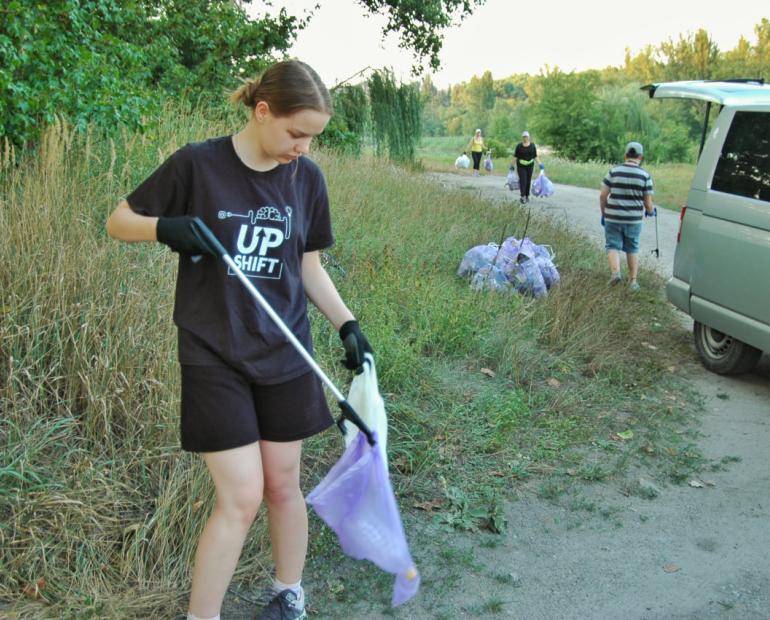
When I hear about Climate anxiety, the first thing that comes to mind is the sense of worry, uncertainty, and stress about the impact of climate change. This genuine concern is a normal response to the real climate threats we face. We shouldn't dismiss our unease; it's okay to feel uneasy about the future. Climate anxiety can trigger emotions like sadness, anger, guilt, or shame, affecting our thoughts, behavior, and emotional state.
Let's shed light on the powerful impact of climate anxiety by considering some alarming facts. A survey conducted by the American Psychological Association revealed that more than two-thirds of people in the United States experience climate anxiety, emphasizing its widespread influence on mental well-being. Furthermore, The Lancet published a study showing that 84% of young people aged 16 to 25 are at least moderately worried about climate change, with 59% feeling very or extremely worried. It's no surprise that younger generations, who will bear the consequences of environmental changes, are the ones who experience significant distress.
In fact, UNICEF's report in 2021 estimated that approximately one billion children are at "extremely high risk" due to climate change. This alarming statistic underscores the urgency of addressing climate-related concerns and taking action to protect future generations.
Climate change directly impacts mental health, especially in the MENA region. Exposure to natural disasters causes psychological effects like stress, depression, anxiety, and post-traumatic stress. Moreover, the MENA region's vulnerability to climate change, including heatwaves, water scarcity, and food insecurity, can worsen existing health issues, lead to new ones and increase stress-related illnesses, particularly for young people grappling with climate anxiety. Indirectly, climate change disrupts society, leading to displacement, conflicts over resources, and social instability. Job loss and reduced social support worsen the situation. Furthermore, environmental injustice amplifies anxiety, feelings of injustice, and inequality among vulnerable populations in the MENA region.
Research indicates a correlation between higher temperatures and an increase in psychiatric emergency visits. Recognizing this, it is essential for us, as young people, to support one another in navigating climate anxiety. Taking action is the most effective approach. We can show empathy by acknowledging our peers' concerns and fears and normalizing their worries. Creating a safe space for open communication, sharing with trusted friends, seeking professional support, and participating in support groups can be therapeutic. Encouraging lifestyle changes, engaging in meaningful actions, such as participating in organizations and dialogues, building social support networks with like-minded individuals, and prioritizing self-care activities like exercising, and meditation, can contribute to managing stress and promoting emotional well-being.
Addressing the mental health impact of climate anxiety in the MENA region requires a comprehensive approach. This includes raising awareness, improving mental health support systems, fostering community resilience, implementing adaptation strategies, prioritizing climate change mitigation, and advocating for equitable resource distribution. By addressing these aspects, we can mitigate distress, enhance well-being, and build a resilient society in the face of climate change.
In conclusion, climate anxiety significantly impacts mental health in the MENA region due to unique environmental challenges and vulnerabilities. It is essential to address these concerns to promote well-being, particularly among young people. By providing support and resources, we can work towards a sustainable and resilient future. Additionally, it is crucial to effectively engage and mobilize the community and youth during emergency response situations, through developing intervention skills, establishing clear strategies, and providing training. Coping with climate anxiety is an ongoing journey, and it is crucial to find personalized strategies and seek assistance when needed. Together, we can overcome challenges and create a healthier present and brighter tomorrow.
Let's unite to bring about the change we want to see in our world!






